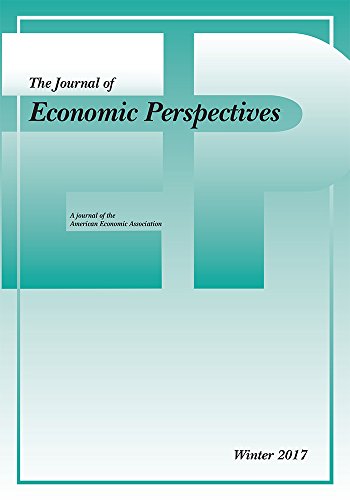
Growing Income Inequality in the United States and Other Advanced Economies
This paper studies the contribution of both labor and non-labor income in the growth in income inequality in the United States and large European economies. The paper first shows that the capital to labor income ratio disproportionately increased among high-earnings individuals, further contributing to the growth in overall income inequality. That said, the magnitude of this effect is modest, and the predominant driver of the growth in income inequality in recent decades is the growth in labor earnings inequality. Far more important than the distinction between total income and labor income, is the way in which educational factors account for the growth in US labor and capital income inequality. Growing income gaps among different education groups as well as composition effects linked to a growing fraction of highly educated workers have been driving these effects, with a noticeable role of occupational and locational factors for women. Findings for large European economies indicate that inequality has been growing fast in Germany, Italy, and the United Kingdom, though not in France. Capital income and education don't play as much as a role in these countries as in the United States.





